Seldom used passage to be transited during summer melt to reach Japan’s renewed whale hunting in the North Pacific
Marine conservation group Captain Paul Watson Foundation (CPWF) departs Port of Dublin to embark on an ambitious campaign to transit the famed Northwest Passage and intercept the newly-built Japanese factory whaling ship Kangei Maru in the North Pacific. The direct action organization, recently founded by legendary environmental activist Captain Paul Watson, will transit through the hazardous polar waters of the Northwest Passage aboard its flagship, M/Y John Paul DeJoria, a 72-meter ex-Scottish Fisheries Protection vessel, currently docked in Dublin.
“The plan is to go after the world’s largest and most dangerous whaling ship, the Kangei Maru, and lock its operations…we have to get to the Pacific and the shortest route is through the Northwest Passage.” stated Watson from the wheelhouse of CPWF’s vessel in the Liffey River, Dublin.
The mission, termed Operation Kangei Maru, marks 50 years of Paul Watson’s anti-whaling marine activism: “This is the most high stakes mission in all my years of opposing whaling in the world’s oceans” stated Watson. CPWF or Neptune’s Navy, as its marine operations arm is known, is set to be the first anti-whaling ship to attempt the notoriously difficult passage, which stretches from Baffin Bay, west of Greenland, to the Beaufort Sea north of Alaska. The passage has only been completed in its entirety by 262 vessels.
The M/Y John Paul DeJoria, with a complement of 26 mainly volunteer crew from 13 countries, will head north through the Irish Sea, across the Atlantic and up the west coast of Greenland. With the summer melt beginning, the vessel will have approximately six weeks to transit the passage and reach the Bering Strait before September begins. The full passage from Dublin to Dutch Harbor will stretch approximately 5,500 nautical miles (about 10,000 kilometres) and could take up to 40 days to complete.
While CPWF had been poised to confront Icelandic whaling this summer, a last-minute pause by Iceland’s last whaling company, Hvalur hf., has allowed the group to refocus its assets on a renewed threat; Japan’s emboldened whaling industry.
“With a brand-new 50 million dollar long-range factory ship, Japan will not likely need to import whale meat from Iceland in the future. Japan’s new factory ship, the Kangei Maru, cannot be allowed to return to high seas whaling,” says Locky MacLean, Ship Operations Director at CPWF.
Japan, whose Antarctic research whaling program JARPA was deemed illegal by the International Court of Justice in 2014, makes no qualms about its intentions to resume commercial whaling. They are presently testing the new factory vessel, engaging in whaling operations off the east coast of Sapporo, Japan’s northernmost island. At the time of writing, the M/Y John Paul DeJoria is taking on final provisions in Dublin as the crew prepares to set sail.


